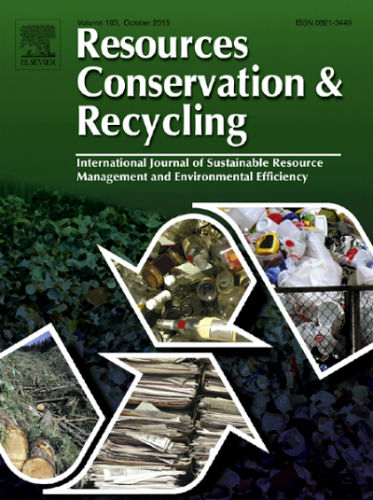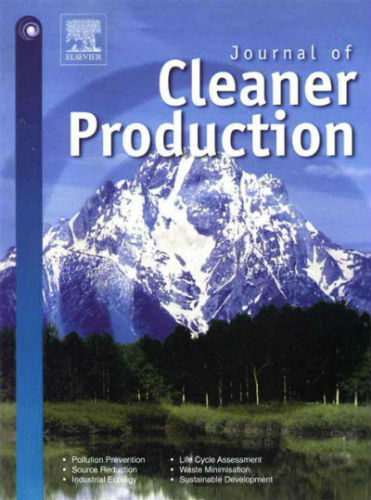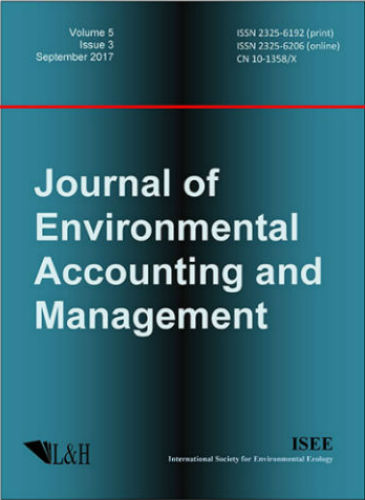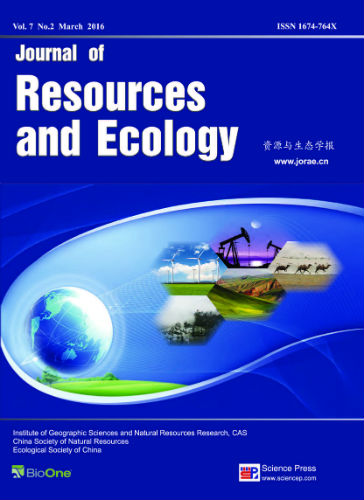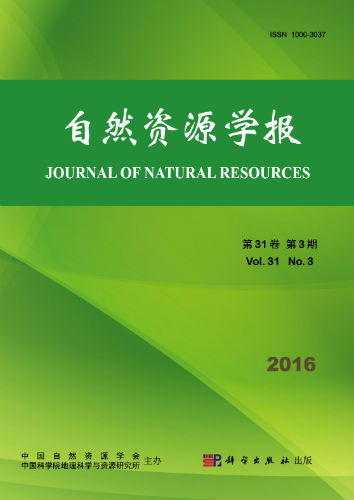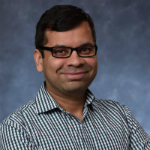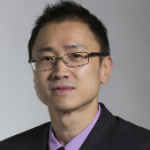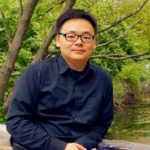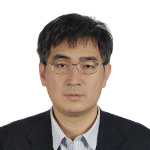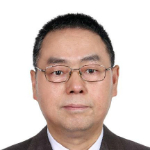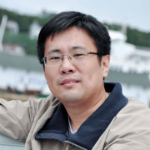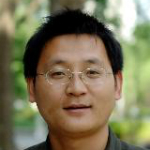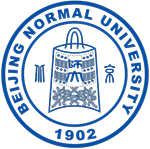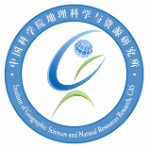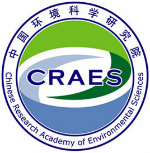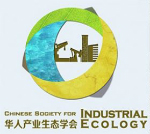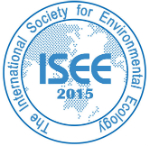Dr. Daigger is a Professor of Engineering Practice in Department of Civil and Environmental Engineering at the University of Michigan. Prior to join the University of Michigan, he was the Chief Technology Officer at CH2M HILL, a global engineering company that provides consulting, design, construction, and operations services for corporations, and federal, state, and local governments. Prof. Daigger is recognized worldwide for his significant contribution to the entire water industry, most recently through his work as president of the International Water Association (IWA), where he worked with water leaders around the globe to advance the science and practice of water management to create more livable cities and accelerate the rate at which people gained access to drinking water and sanitation, all while protecting the environment. Prof. Daigger has also served in senior roles for the Water Environment Federation, the American Academy of Environmental Engineers and Scientists, and the Water Environment Research Foundation. He is a member of the National Academy of Engineering and received the Harrison Prescott Eddy Award from the Water Environment Federation three times.
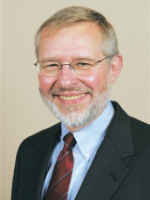
Dr. Lu is a Distinguished Professor and Co-Director of Research Center for Eco-Environmental Sciences (RCEES), Chinese Academy of Sciences (CAS); Chair of Regional Ecological Risk Assessment and Environmental Management Group at RCEES, CAS; Fellow of TWAS (The World Academy of Sciences); past President of Scientific Committee on Problems of the Environment (SCOPE); President of Pacific Society Association (PSA); Member of International Resource Panel, United Nations Environment Program (UNEP/IRP); Science Advisor of International Union for Conservation of Nature (IUCN); Vice President of Ecological Society of China; Chair of Committee on Ecology and Environmental Sciences, Chinese Society for Sustainable Development. He also serves as a Science Advisor to UNESCO Biotechnology Research Center, National Research Institute of Humanity and Nature (RIHN) of Japan. He has published 16 books and more than 260 papers in peer reviewed journals including Science, Nature, and Science Advances. He is the founding Editor-in-Chief of Ecosystem Health and Sustainability jointly appointed by the Ecological Society of America and Ecological Society of China through a global search process, an Associate Editor of Science Advances, the founder and Associate Editor of Environmental Development: Trans-disciplinary Journal of SCOPE, Associate Editor of Acta Ecologica Sinica, and an editorial board member of a number of peer-reviewed journals including Chemistry and Ecology, Environmental Innovation and Societal Transformation. He was the Guest Editor of a supplementary issue of Science magazine “Science in the Chinese Academy of Sciences” (2012).
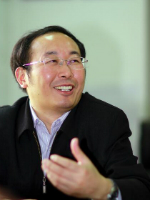
Dr. Masanet is Associate Professor in the McCormick School of Engineering and Applied Science at Northwestern University, where he leads the Energy and Resource Systems Analysis Laboratory. From June 2015 to July 2017, he served as Head of the Energy Demand Technology Unit at the International Energy Agency (IEA) in Paris, where he led the development of long-term technology outlooks for the global buildings, industry, and transport sectors for the IEA’s Energy Technologies Perspectives, Tracking Clean Energy Progress, Technology Roadmaps, and other report series. Prior to joining Northwestern in 2012, Eric spent eight years at Lawrence Berkeley National Laboratory (LBNL), where he served as Deputy Head of the International Energy Studies Group. While at LBNL, he held a joint research appointment at UC Berkeley, where he also served as Program Manager of the Engineering and Business for Sustainability Certificate Program. He served as an Associate Editor of RCR from 2009 to 2012, and as the Editor-In-Chief from 2013 to 2015. He holds a Ph.D. in Mechanical Engineering from UC Berkeley, with a specialization in sustainable manufacturing.
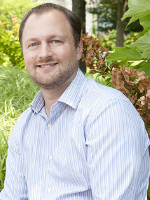
Dr. Sarkis is a Professor in the Foisie Business School at Worcester Polytechnic Institute (WPI). Prior to joining WPI in 2013, he was a faculty member at Clark University and the University of Texas at Arlington. Dr. Sarkis works in the fields of operations, supply chain management, and sustainability. He is one of the most productive, highest cited scholars in sustainable supply chain management. In 2016 he was recognized by Thomson-Reuters as a Highly Cited Researcher, who have defined this group as the 'World's Most Influential Scientific Minds'.
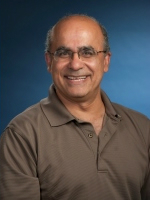
Dr. Scholz is Professor Emeritus of Environmental Systems Science at ETH Zurich. From 1993 until 2012, Dr. Scholz held the chair of Natural and Social Science Interface at the Department of Environmental System Sciences at ETH Zurich. Following his retirement in 2013, he also worked as an adjunct professor (Privatdozent) at the Department of Psychology at the University of Zurich, is affiliated as Professor Extraordinaire at the Faculty of Economic and Management Sciences, School of Public Leadership, Stellenbosch University (SA) and works as project leader at the Fraunhofer Society Project Group for Materials Recycling and Resource Strategies IWKS (Alzenau, Germany). Dr. Scholz was the fifth holder of the King Carl XVI Gustaf Professorship (2001/2002) at Chalmers University of Technology in Sweden. Dr. Scholz is one of the pioneers of the theory and practice of transdisciplinary research and processes, and famously coined the terms transdisciplinarity and societal didactics. He was co-leader of the Global TraPs International Fertilizer Development Center#Global Transdisciplinary Processes for Sustainable Phosphorus Management (Global TraPs) project – the first global project on sustainable resources management in regard to phosphorus – which included representatives of all key stakeholder groups of the supply–demand chain.
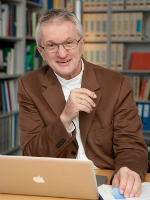
Dr. Worrell is a Professor of Energy, Resources & Technological Change at Utrecht University (since 2008). From 2004 till 2010 he was Director of Energy Use & Efficiency at Ecofys, an international sustainable energy consulting company. He was a staff scientist at Lawrence Berkeley National Laboratory from 1998 till 2008, leading the industrial energy assessment research. Until 1998 he co-led the energy and material efficiency group at the Department of Science, Technology and Society of Utrecht University, The Netherlands. He was a visiting scientist at Princeton University (USA) in 1994-1995, and a visiting professor at the Universidade de Sao Paulo, Brazil 1996). He is an internationally recognized expert on industrial energy efficiency. His has over 20 years experience in research and evaluation projects in industrial energy and material efficiency improvement, as well as waste management and processing. He has worked with chemical, oil refining, pulp & paper, iron & steel, cement, glass, food and many other industries around the globe. He advises policy programs, policy makers, multi-laterals, and corporate decision makers. He is co-author of 4 IPCC reports, including the 4th Assessment Report. He is (co-) author of over 300 publications. He was the 12-year+ Editor-in-Chief of Resources, Conservation and Recycling until 2013, and associate editor of Energy, the International Journal and Energy Efficiency, the Encyclopedia of Energy, and editor of the award winning Handbook of Recycling.



